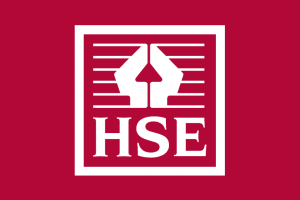Passenger numbers continue to soar for Lufthansa

LUFTHANSA, the German airline serving six routes from Manchester, has said passenger numbers to October 2012 rose 5.6%, despite the continued tough economic climate and pricing pressures.
Lufthansa has 90 flights a week from Manchester: the new daily Berlin flight, as well as to Dusseldorf, Frankfurt, Hamburg, Munich and Stuttgart.
Passenger numbers increased to 617,837 for January to October 2012, a 5.6% increase on the same period last year.
The airline’s top performing hub routes of Frankfurt and Munich, which go on to other European destinations as well as long haul locations such as China and South Africa, showed particularly strong figures for September and October.
“We are very happy with hub routes and there is a huge amount of transfer passengers going to Frankfurt and Munich,” said Christian Schindler, Lufthansa’s general manager UK & Ireland.
“We are seeing growing traffic to South Africa from Manchester – it’s a real growth area, while China is continuously strong, it’s working very well from Manchester.”
The airline’s new Manchester-Berlin route, which has been operational for less than six months, is also performing well, with 85-90% of traffic for leisure and the remainder being business travel for the point to point route, which is a popular conference and exhibition centre.
Mr Schindler said the continued subdued economic climate had impacted not just Lufthansa but all airlines, adding that volumes were a “mixed picture” depending on the territory.
“Across Europe, what we see in the airline business is what we see in the news. Those red light countries do not have much travel going on but we are doing fine in the countries that are still stable, although there is not much growth in Europe,” he said.
Lufthansa group has predicted “three digit million positive results”, although that is driven by non-flying areas of the business, such as catering.
“That means it is difficult on the airline side – but that is the case across all airlines,” said Mr Schindler. “If the economy is not doing well and companies are under pressure – with fuel prices going up there is an ever widening gap for us, which takes it strain on the figures.”
September’s industrial action in Germany by cabin crew over pay and job security cost the firm EUR33 million, according to Schindler, who added that all issues had since been settled, with new contracts in place.
But Mr Schindler said the suspension of the EU Emissions Trading Scheme, earlier this month, is positive for the industry.
“To go back to the table to design a global concept so that we are all on a level playing field has to be welcomed,” he said. “It will still increase passenger costs but it will be the same across all countries and airlines,” he said.







